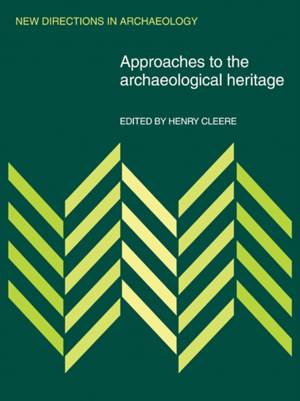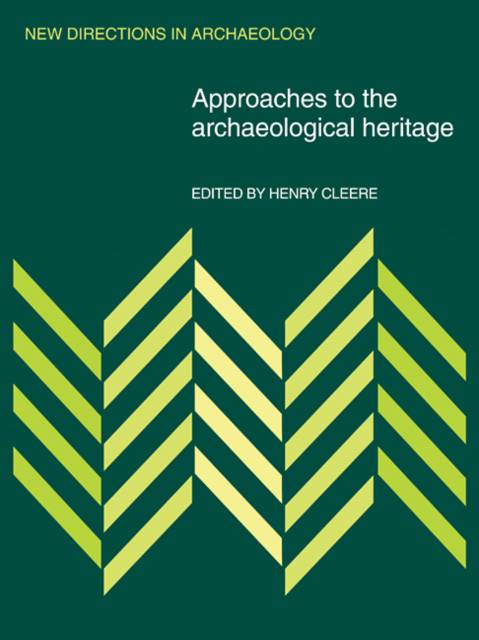
Bedankt voor het vertrouwen het afgelopen jaar! Om jou te bedanken bieden we GRATIS verzending (in België) aan op alles gedurende de hele maand januari.
- Afhalen na 1 uur in een winkel met voorraad
- In januari gratis thuislevering in België
- Ruim aanbod met 7 miljoen producten
Bedankt voor het vertrouwen het afgelopen jaar! Om jou te bedanken bieden we GRATIS verzending (in België) aan op alles gedurende de hele maand januari.
- Afhalen na 1 uur in een winkel met voorraad
- In januari gratis thuislevering in België
- Ruim aanbod met 7 miljoen producten
Zoeken
Omschrijving
This book undertakes a comparative study of the history and development of legislative and administrative systems in operation today for the protection of archaeological monuments. With the exception of Scandinavia and the United Kingdom, no country adopted a positive policy towards the protection and conservation of its archaeological and historical heritage until the twentieth century. Moreover, it was not until the middle of that century, under the threat of wholesale devastation from extensive schemes for social and economic development, that the accelerating disappearance of the sites and monuments of Antiquity became the object of intensive study and legislation. Since then systems of cultural resource management have developed throughout the world. A range of countries (from Europe, America, Asia and Africa) representing a diversity of political and ideological systems - capitalist, socialist and ex-colonial - have been selected as being broadly representative of the variety of these systems. The case studies have been written by distinguished archaeologists and provide critical evaluations of the objectives and shortcomings of these systems.
Specificaties
Betrokkenen
- Auteur(s):
- Uitgeverij:
Inhoud
- Aantal bladzijden:
- 152
- Taal:
- Engels
- Reeks:
Eigenschappen
- Productcode (EAN):
- 9780521112246
- Verschijningsdatum:
- 18/05/2009
- Uitvoering:
- Paperback
- Formaat:
- Trade paperback (VS)
- Afmetingen:
- 210 mm x 279 mm
- Gewicht:
- 358 g

Alleen bij Standaard Boekhandel
+ 129 punten op je klantenkaart van Standaard Boekhandel
Beoordelingen
We publiceren alleen reviews die voldoen aan de voorwaarden voor reviews. Bekijk onze voorwaarden voor reviews.









